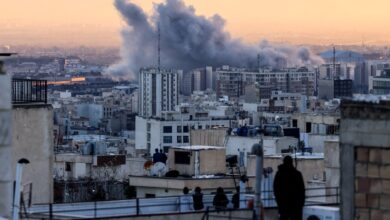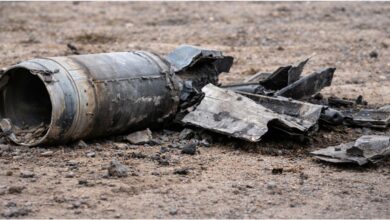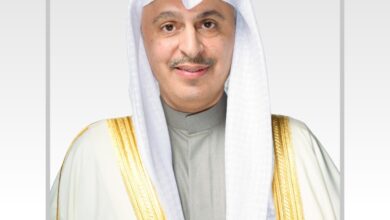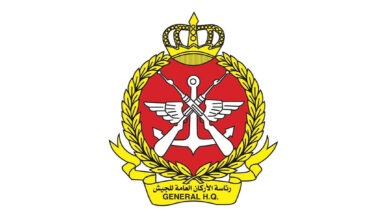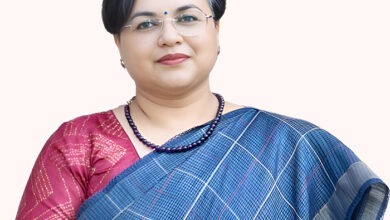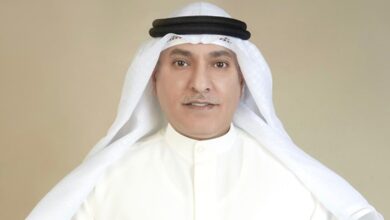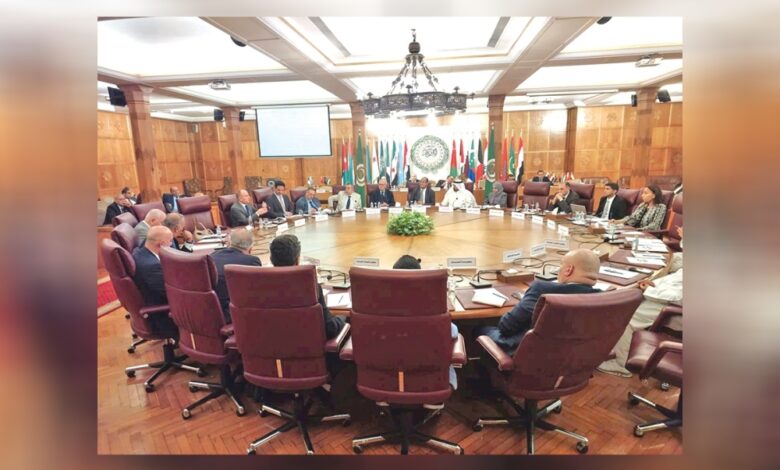
Counselor Nawaf Al-Shariaan, Head of the Scientific Advisory Council of the Kuwait Lawyers Association, called for the creation of a unified Arab charter to strengthen the principle of universal jurisdiction to prosecute international crimes.
He said this at a symposium hosted by the Arab League States under the title “Activating the Role of National Courts in Prosecuting Perpetrators of International Crimes as a Guarantee to Combat Impunity.”
Al-Shariaan emphasized the importance of empowering national courts in the Arab world to prosecute grave crimes committed beyond their borders, particularly those targeting the Palestinian people.
He submitted a working paper recommending several reforms at both national and Arab League levels. Central to his proposal is the incorporation of universal jurisdiction into domestic legislation, allowing Arab courts to prosecute perpetrators of war crimes, genocide, and crimes against humanity, even in absentia.
He urged the establishment of a specialized Arab legal unit within the League of Arab States to document violations, assist member states with legal expertise, and coordinate Arab legal teams when submitting cases before international courts. Additionally, he proposed a centralized Arab database listing suspects and available evidence to assist prosecution efforts across borders.
On institutional reforms, Al-Shariaan called for synchronized diplomatic and legal action through Arab League missions. He recommended the drafting of periodic legal reports supported by evidence and witness testimonies, to be submitted to foreign governments and parliaments in order to gather political and legal backing for launching international prosecutions.
He also stressed on the need to update national legislation to align with international treaties such as the four Geneva Conventions, the Genocide Convention, and the Rome Statute. He proposed the establishment of dedicated prosecution units and judicial bodies tasked with handling war crimes and crimes against humanity. He further encouraged Arab countries to sign judicial memoranda of understanding to facilitate the exchange of legal files and evidence.
On the civil society front, he called for coordinated legal and media awareness campaigns to promote the principle of universal jurisdiction, and urged NGOs to engage in professional documentation of violations and prepare comprehensive case files suitable for legal use.
Kuwait was represented at the symposium by a high-level judicial delegation that included Judge Mohammed Al-Omran from the Court of First Instance, Deputy Public Prosecutor Abdullah Al-Naama, and legal researcher Ahmed Al-Ajmi from the Ministry of Justice. The delegation also took part in a dedicated session focused on the role of the International Criminal Court (ICC) in prosecuting Israeli officials for crimes committed in the occupied Palestinian territories.
The two-day symposium, was held at the Arab League headquarters on July 27 and 28, brought together Arab judges, prosecutors, legal scholars, and representatives from regional and international legal bodies.
The participants discussed legal tools available for enhancing accountability and strategies to ensure perpetrators of international crimes do not escape justice.







